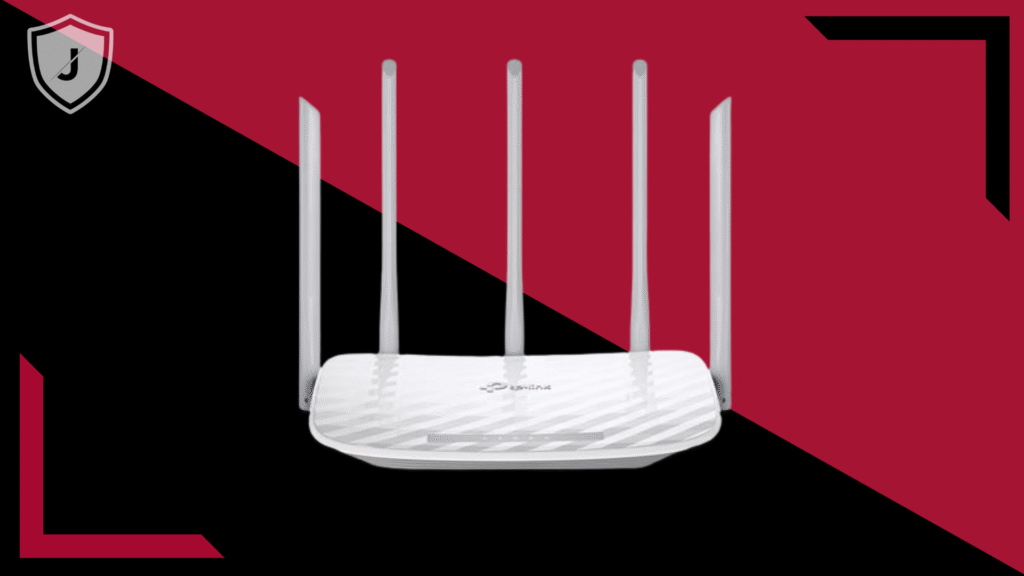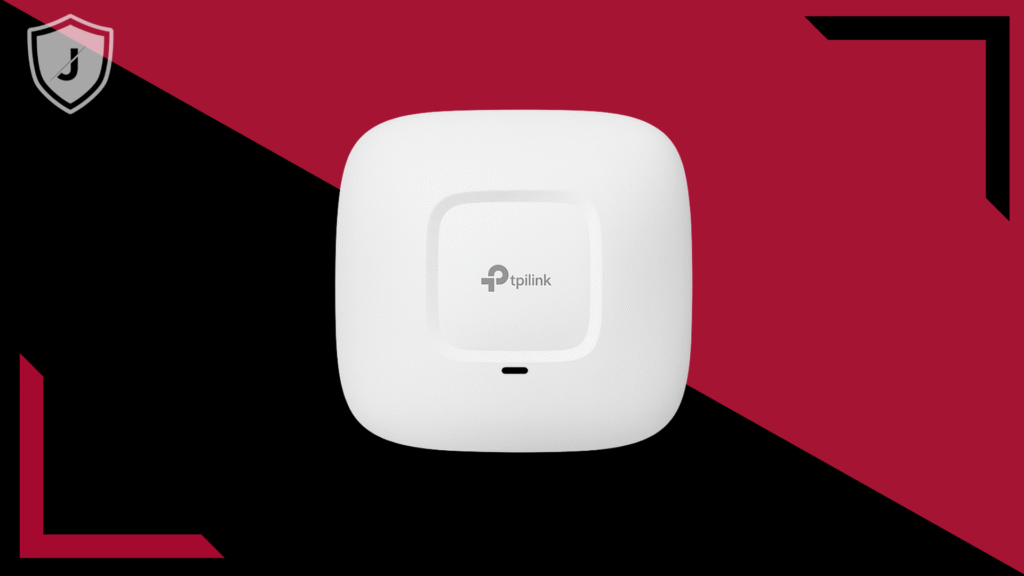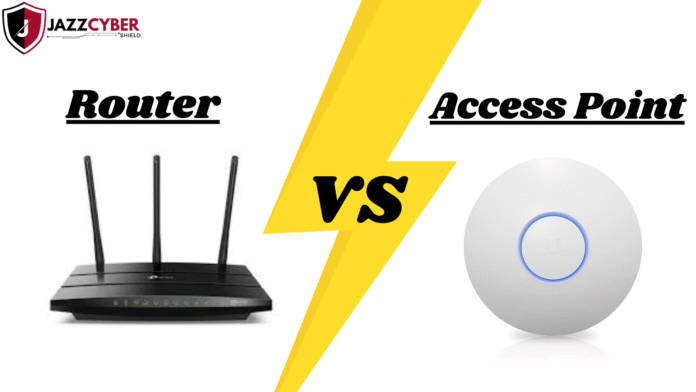When setting up a business network, one of the most common questions which is best in access point vs router? Understanding the difference between two is crucial for build a fast, secure, and scalable network. While both devices manage wireless connectivity, their places, features, and performance differ significantly — especially in enterprise surroundings.
What is a Router?

A router is a networking device that connects multiple networks and directs data between them. In a business setting, routers generally manage internet connections, assign IP addresses, and give introductory firewall functions. Most routers also include erected- in Wi- Fi capabilities for small office requirements. still, routers can come backups when too numerous druggies or devices are connected, leading to reduced speed and performance.
What is an Access Point?

An Access Point (AP) is a device that creates a wireless original area network( WLAN), generally connected to a wired router, switch, or via Ethernet. Access points are ideal for expanding the range of a network and furnishing flawless connectivity across large office spaces. Unlike routers, they don’t route business between networks but offer bettered wireless performance, centralized operation, and support for further devices contemporaneously.
Access Point vs Router: Key Differences
| Feature | Router | Access Point |
| Primary Role | Routes internet traffic | Extends Wi-Fi coverage |
| Device Connections | Limited to fewer devices | Supports hundreds of devices |
| Management | Standalone, limited features | Centralized management possible |
| Performance | Slower with multiple users | High-performance in dense environments |
| Use Case | Small offices, home networks | Medium to large businesses |
Which is More for Business?
For small services or startups with minimum druggies, a high-quality router may be sufficient. But for growing businesses, especially those with large structures, multiple departments, or dozens of connected devices, an access point– grounded setup is the better choice. APs give better control, scalability, security, and continued connectivity — critical for business productivity and communication.
still, secure train transfers, and access across multiple bottoms or structures, If your business requires continued zoom calls. In discrepancy, counting solely on a router could limit your performance and hamper your network growth.
Why Choose Jazz Cyber Shield for Your Networking requirements?
At Jazz Cyber Shield, we specialize in delivering enterprise- grade networking results acclimatized to ultramodern business requirements. Whether you are shopping for the best wireless access points or high- performance routers, our curated collection includes trusted brands like Cisco, Aruba, TP-Link, and Ubiquiti all backed by expert recommendations.

Our blog attendants, product reviews, and setup tutorials help you make informed opinions to make a scalable, secure, and fast business network. With Jazz Cyber Shield, you’re not just buying a device you’re investing in the future performance, security, and trustability of your business network.
Conclusion
For small setups, a router might be enough but for growing businesses, access points offer better performance and scalability. Choosing the right device Access point vs Router ensures briskly, further dependable connectivity across your network. For trusted products and expert support, Jazz Cyber Shield is your go-to source for business networking results.




This article was super helpful! I’ve always been confused about the difference between an access point and a router, but your explanation made it crystal clear. I especially liked the way you compared their roles in business networks and gave real-life examples. Now I know exactly which setup is best for my company’s needs.